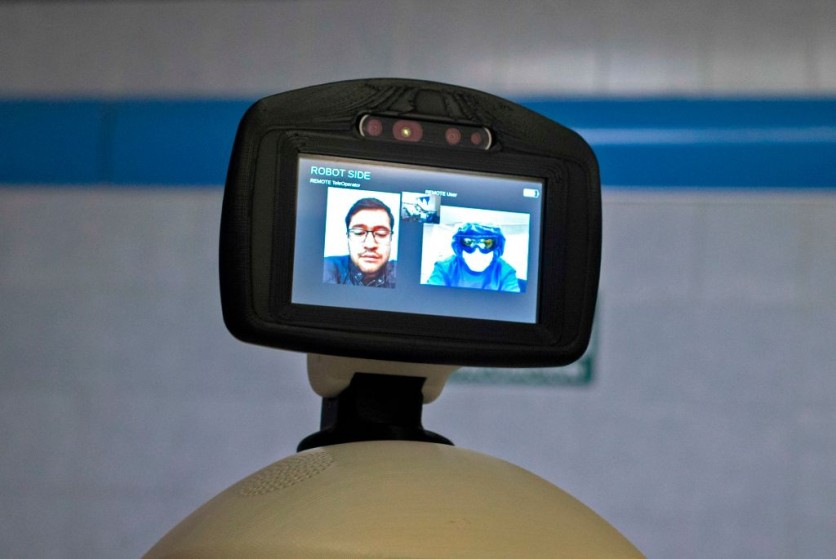A recent study led by researchers from the University of Illinois Chicago, in collaboration with Washington University and Pennsylvania State University, has revealed the potential of an AI voice assistant app in aiding patients with mild depression and anxiety.
The study focused on the effectiveness of Lumen's AI voice assistant, which delivered problem-solving therapy over eight sessions.

All About Lumen
The development of Lumen began in 2020, spearheaded by Dr. Jun Ma, the Beth and George Vitoux Professor of Medicine at UIC. Lumen runs as a skill in the Amazon Alexa application and provides evidence-based problem-solving therapy.
This therapy aids patients in cultivating a positive mindset and developing skills to address daily problems that contribute to emotional distress.
A pilot study was conducted with 63 patients to assess the impact of Lumen on depression and anxiety symptoms, as well as brain activity related to problem-solving therapy.
About two-thirds of the participants received eight sessions of problem-solving therapy using Lumen on a study-provided iPad, while the remaining participants served as a control group without any intervention.
Following the intervention, the Lumen group exhibited reduced scores for depression, anxiety, and psychological distress compared to the control group.
Additionally, the Lumen group demonstrated improved problem-solving skills, which were correlated with increased activity in the dorsolateral prefrontal cortex, a brain region associated with cognitive control.
These results provide a promising correlation between neurological and behavioral effects, underscoring the need for further investigation into the intervention.
Dr. Ajilore highlighted the significance of understanding the underlying mechanisms and identifying individuals who will benefit most from this type of treatment.
The study also revealed particularly encouraging results for women and underrepresented populations. The researchers, who involved these groups in the design and testing of Lumen, claim to have observed positive effects within these populations.
Read Also : New Bacteria-Killing Superfoam Can Help With Oil Spills, Other Environmental Disasters! How Does It Work?
More AI Integrations Soon
Building on the success of the pilot study, the research group is currently conducting a larger trial to compare the use of Lumen with a control group on a waitlist, as well as patients receiving human-coached problem-solving therapy.
The researchers stress that virtual coaching aims not to surpass human therapists but to address the significant gap between supply and demand in the mental health system.
In the future, the researchers are exploring the possibility of incorporating advancements in AI language models, like ChatGPT, into future versions of Lumen and other digital interventions.
However, they stress the importance of conducting thorough research to validate AI's effectiveness in medicine and psychiatry.
The findings of the study were published in the journal Translational Psychiatry.
Related Article : [STUDY] Nose-Picking Could Increase Alzheimer's Disease Risk; Other Daily Habits That Can Lead to Dementia

ⓒ 2026 TECHTIMES.com All rights reserved. Do not reproduce without permission.




